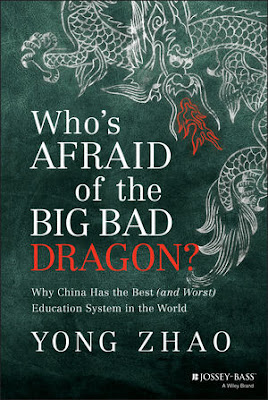When I think back on my tech/digital journey as a teacher, one word comes to mind.
Worthwhile.
 |
| http://tinyurl.com/y8n9ocg3 |
Though I’ve only been blogging since November 2014 (according to my Blogger history), I’ve read and interacted with educators on other blogs and sites previous to that. I didn’t want to put my words and thoughts on educational matters for the world to see just yet. (Little did I know how important collaboration outside of the walls could be!) Around 2010 or so, I knew there was a divide between what my peers in China and those in America could access. That didn’t play a hand in my waiting until 2014, but I now know that the divide is lessening because of growing ways Chinese locals can access foreign websites. Therefore, I’ve been more cognizant of what I write about because the audience over time has shifted somewhat. It was a global audience, but now it included students, teachers, and educators from places I once considered unlikely to connect with in digital ways.
Certainly, I’m ecstatic to hear and see the use of tools like Facebook, Twitter, Instagram, and Snapchat by my students.1 It helps me hope for a future where the students will not just consume media but will delve into curating information and creating innovative ways to better our world.
One of those ways educators and students worldwide could be doing that is through blogging.
Blogger, Twitter (since 2012), and other social media have been influential for me professionally. The following is a list of some ways they have impacted me (in no particular order, and certainly not limited to):
1) notice blind spots
2) seek others’ perspectives/advice
3) self-examine
4) keep the global community in mind
5) learn of novel topics, ideas, beliefs, or resources
What about you? Tell us about your tech/digital journey as an educator. How has it impacted you? Are you or another educator you know considering learning more about tech? How could sharing our stories shape us within our communities and allow us to move forward together in our honest examination of how we educate?
1 - It seems students are more into these than those my age, and I still don’t know why. I’m also looking into the “creepy treehouse” and reflecting on if/how it happens here.
photo credit: WanderingtheWorld (www.ChrisFord.com)
photo credit: WanderingtheWorld (www.ChrisFord.com)





